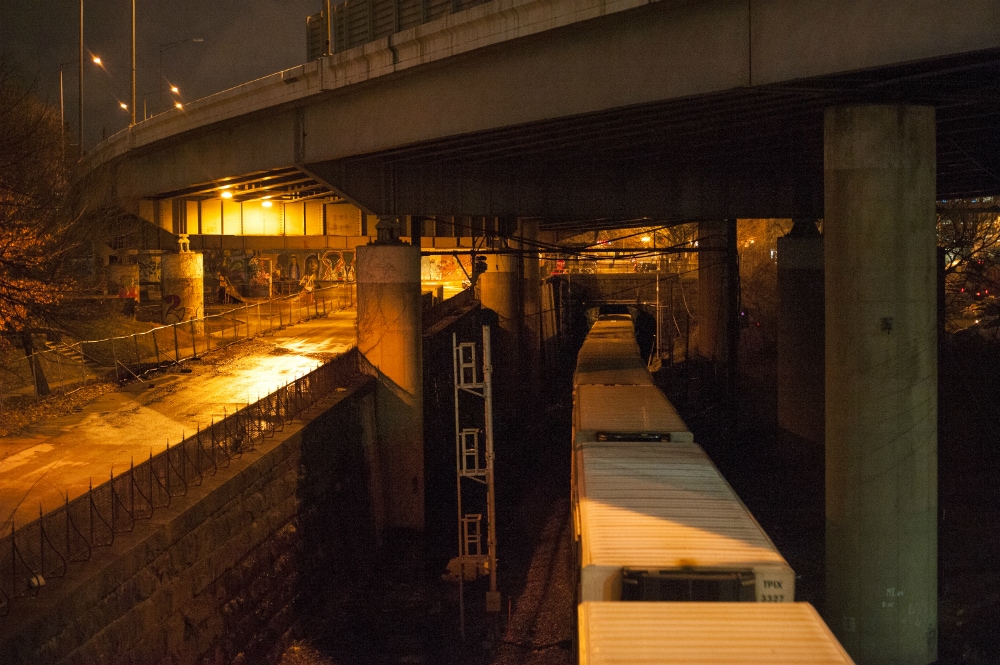
Source: Washington Post
On July 2, one of the last community meetings was held in Washington D.C., where residents from the Navy Yard congregated in the Capitol Skyline Hotel and sat shoulder to shoulder to utter their concerns.
CSX denied a resident’s request to legally document their claim that they would not transport hazardous materials during construction of the Virginia Avenue tunnel project.
Navy Yard residents have repeatedly urged CSX representatives to hear their voices. But meeting after meeting, it becomes clearer that CSX intends only to provide lip-service to the public while heedlessly continuing with their agenda.
Maureen Cohen Harrington did not let CSX try and sidestep her proposal: “If you’re not doing it, and you have no intention [to transport hazardous materials,] why not enter into the agreement?”
Rob Doolittle, a spokesman for CSX, confirmed that the construction plan in place would involve trains running through an open trench for 230 feet – over two-thirds of an entire football field. This is a pressing issue for residents who anticipate train accidents to occur, and the consequences it will have on their livelihood, especially since CSX has refused to reroute train activity going through the tunnel.
Since CSX refuses to not transport hazardous materials during construction, the fact of the matter is that CSX will have trains carting hazardous materials through open trenches in the ground, putting at risk the lives of the entire neighborhood.
This is not paranoid conjecture. The safety of tanker cars carrying hazardous materials, most likely crude oil, is openly disputed by major governmental divisions like the National Transportation Safety Board. Furthermore, the evidence against CSX continues to mount when we consider not only the Lynchburg, Virginia derailment and toxic oil spill that happened this past April, but the major environmental disasters that have happened in North Dakota, and Pennsylvania because the tanker cars are now well known to be unsafe. They are subject to serious damage because of the inadequate thickness of the wall structure in existing tanker cars.
CSX is ever-hesitant to establish a transparent agenda with the public, apparent when they begrudgingly agreed to notify city officials when a train would be transporting hazardous materials through city limits. The tunnel project is likely to receive the green light at the end of the summer, but CSX must understand that it cannot wantonly jeopardize an entire neighborhood to transport materials like crude oil for regular business operations.